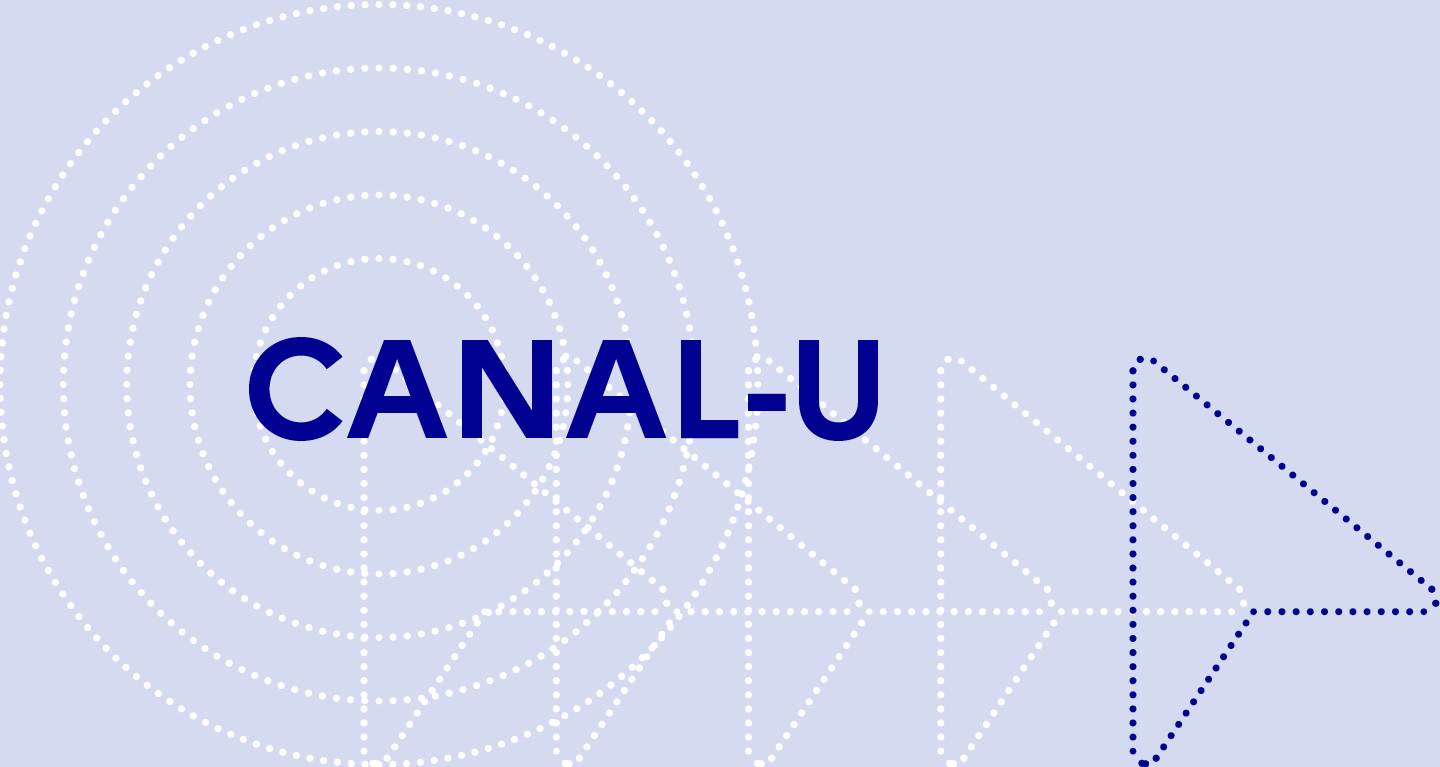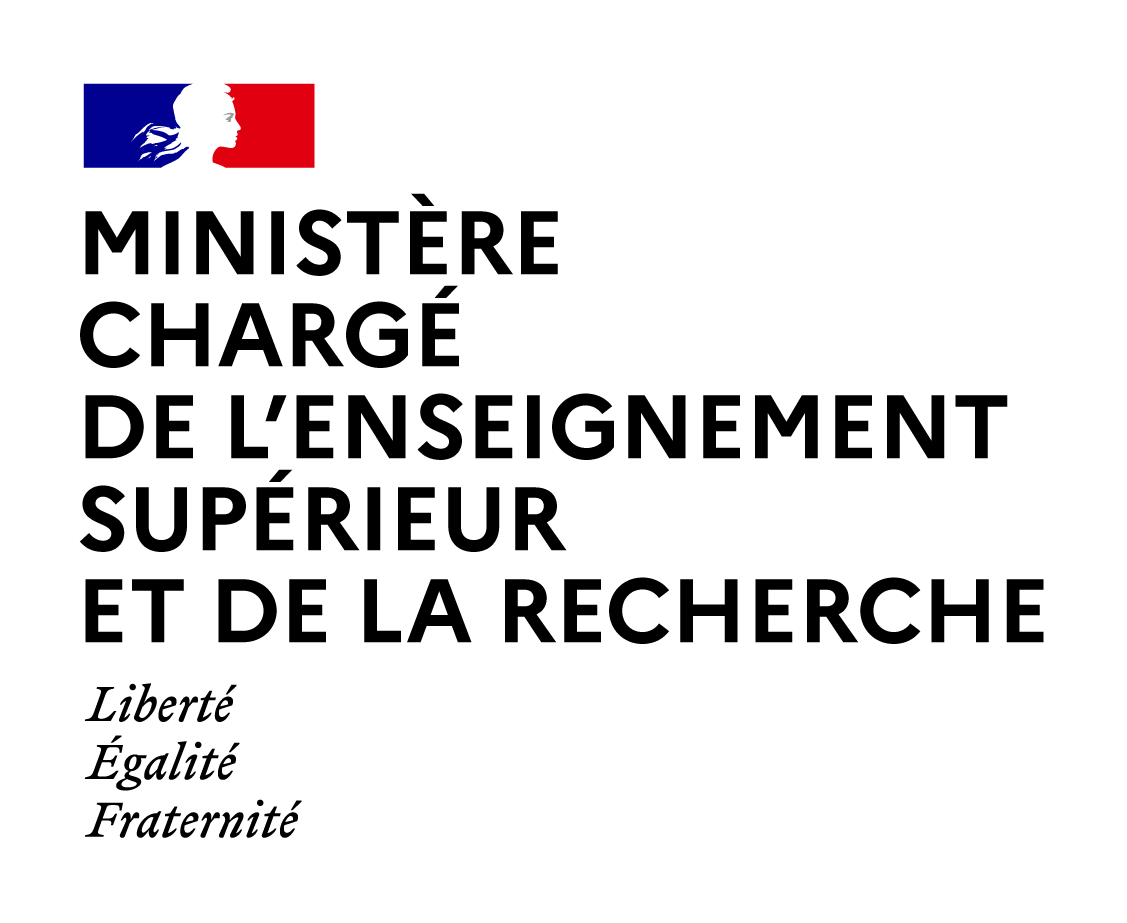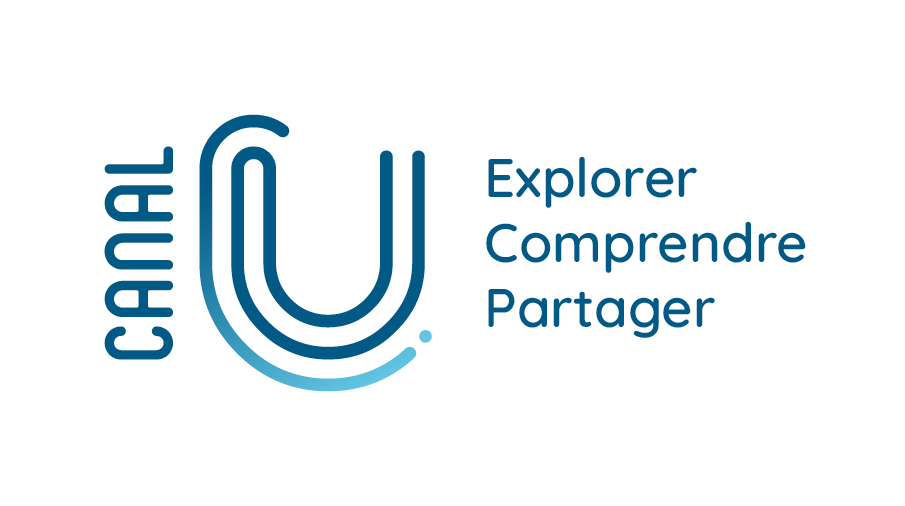
Sommaire
The role of knowledge in the construction of education (...) - Mangez
Date de création :
01.12.2011Auteur(s) :
Eric MANGEZPrésentation
Informations pratiques
Droits réservés à l'éditeur et aux auteurs.
Description de la ressource
Résumé
The role of knowledge in the construction of education policy across Europe In Europe, information and expertise are now both more widely distributed and more readily accessible than ever before. At the same time, expectations of transparency and public accountability have increased. In many ways, knowledge is coming to play a new role in policy: we can now distinguish 'post-bureaucratic' from conventional 'bureaucratic' regimes and show that that each presupposes a specific kind of knowledge and a specific way of using it. While bureaucratic modes of governance require ‘established’ bodies of knowledge to be translated into ‘vertical’ regulations; post-bureaucratic modes of governance consist rather in attempting to turn actors’ autonomy and reflexivity into a means of governing. The way Europe relates to such new modes of governance is complex, because Europe itself is diverse and comprises different spaces where tensions between bureaucracy and post-bureaucracy play out in various ways. This new context challenges both research and policy-making, requiring much greater reflection on the nature of knowledge and its mobilization in policy. These problems were the central concern of the European project KNOWandPOL, and will be elaborated and developed during the presentation.
"Domaine(s)" et indice(s) Dewey
- Éducation (370)
- Les écoles et leurs activités, enseignement spécialisé, éducation spéciale (371)
Domaine(s)
- Sciences de l'éducation
- Sciences de l'éducation
Intervenants, édition et diffusion
Intervenants
Édition
- École Normale Supérieure de Lyon
- Institut Français de l'Éducation
Diffusion
Document(s) annexe(s)
- Cette ressource fait partie de
Fiche technique
- LOMv1.0
- LOMFRv1.0
- Voir la fiche XML




